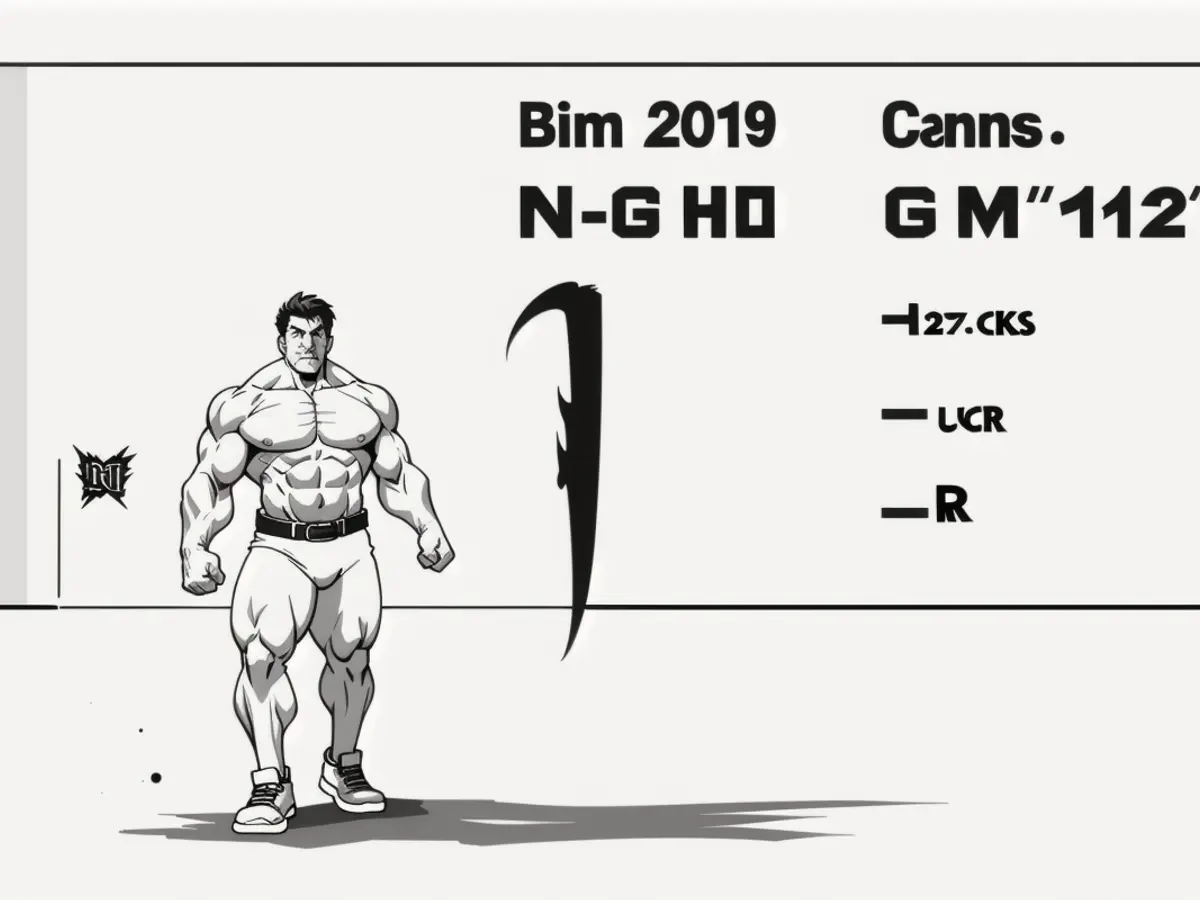Title: Could Sirius XM Stock Plummet to just $10?
Revised Analysis of Sirius XM Holdings' Stock Performance
Sirius XM Holdings' (NASDAQ: SIRI) stock has seen a significant decline of about 60% this year, confronting numerous challenges such as a sluggish recovery in the automotive industry and unfavorable advertising trends. Despite these challenges, we believe SIRI is currently undervalued, with our estimated fair value of $27 per share, representing a 25% increase over the current market price (Jan. 9). The company must focus on its content and competitive strategy to propel its growth and reverse the negative sentiment surrounding its stock.
Underperforming Revenue Performance
Sirius XM's revenue growth has stagnated in recent years, with total revenue falling 2% year-over-year (y-o-y) to $6.5 billion in the first nine months of FY 2024. The decline was triggered by a 3% drop in subscriber revenue to $5 billion and a slight increase in advertising revenue to $1.3 billion. Additionally, equipment revenues remained unchanged at $233 million. Despite reaffirming its financial guidance for FY 2024, the company downgraded its revenue projection for FY 2025 to $8.5 billion, signaling two consecutive years of revenue decline.
Landing New Subscribers is Crucial
Sirius XM follows a subscription-based business model, with 77% of its revenue derived from predictable subscriptions versus 20% from advertising. This makes the company more resilient to economic downturns, as advertising budgets are often the first to be cut during weaker economic periods. However, the subscription business's decline, coupled with intensifying competition from internet streaming apps, poses challenges for Sirius XM's future growth.

Sirius XM has experienced a decline in its subscriber base for the past two years, with a contraction from 34.2 million in FY 2022 to 33.9 million in FY 2023. Sirius faces fierce competition from platforms like Spotify, with its U.S. revenue surpassing Sirius XM's total subscriber base revenue for the first time in Q3. To counter the competitive threat and attract new subscribers, Sirius XM introduced a free, ad-supported tier, but it has yet to generate considerable impact.
Sirius' Cost Structure and Margin Concerns
Sirius' net margins (net income as a percentage of revenues) declined from 15% in 2021 to 13% in 2022 and rebounded slightly to 14% in 2023. However, net margins are expected to contract further to approximately 9% due to rising operating costs related to attracting new podcasting brands and offering deeper discounts to regain customers.
Impact on SIRI's Valuation
At the current market price of $22 per share, SIRI trades at a multiple of 7x 2023 earnings and 8x estimated 2025 earnings. Assuming an average revenue decline of 2% per annum from 2023 to 2026, coupled with a contraction in net margins to 9%, we can estimate that the company's net income could fall from $1.3 billion in 2023 to $750 million in 2026, representing a 40% decline. This negative performance could lead investors to lower their expectations for a SIRI recovery, potentially driving the stock price down to $10 per share. Although Sirius XM faces several challenges, strong insider buying trends and a dividend yield of 4.85% support the stock's valuation.
The analysis suggests that despite Sirius XM Holdings' (SIRI) stock facing a significant decline and Sirius XM's revenue growth stagnating, the company's Siri revenue has remained relatively stable. (Sirius XM Holdings' stock, Siri revenue)
Investors may be cautious about Sirius XM's future, considering its revenue decline projection for FY 2025 and the potential impact on its valuation due to a contraction in net margins and average revenue decline. (future growth, valuation, net margins, revenue decline)




